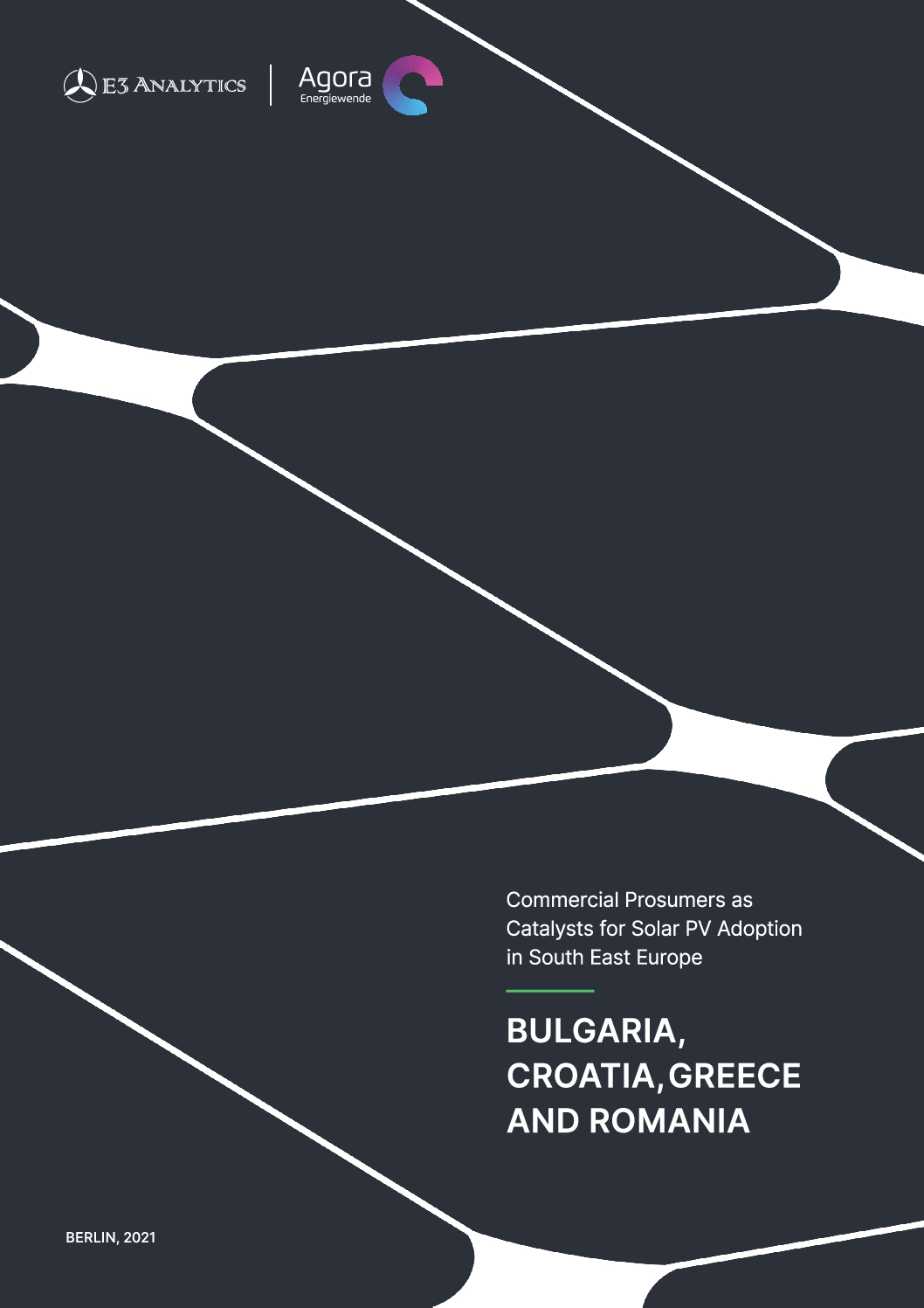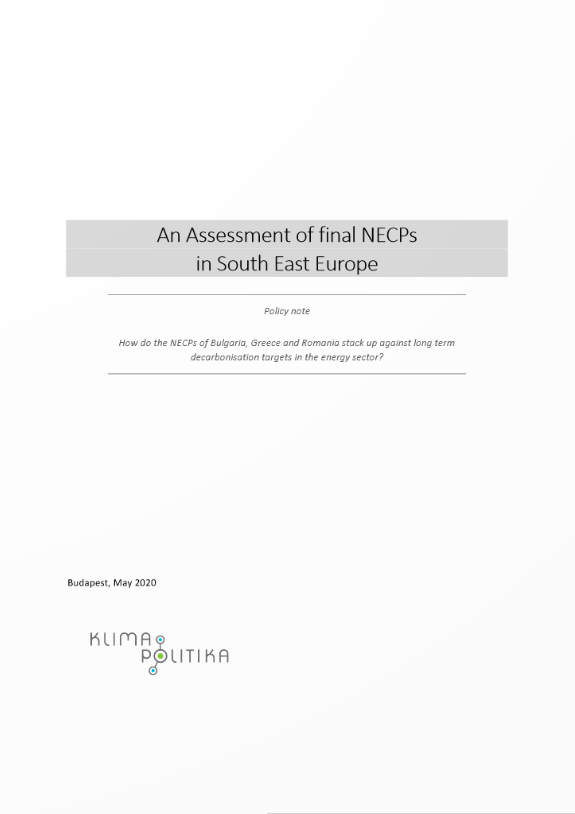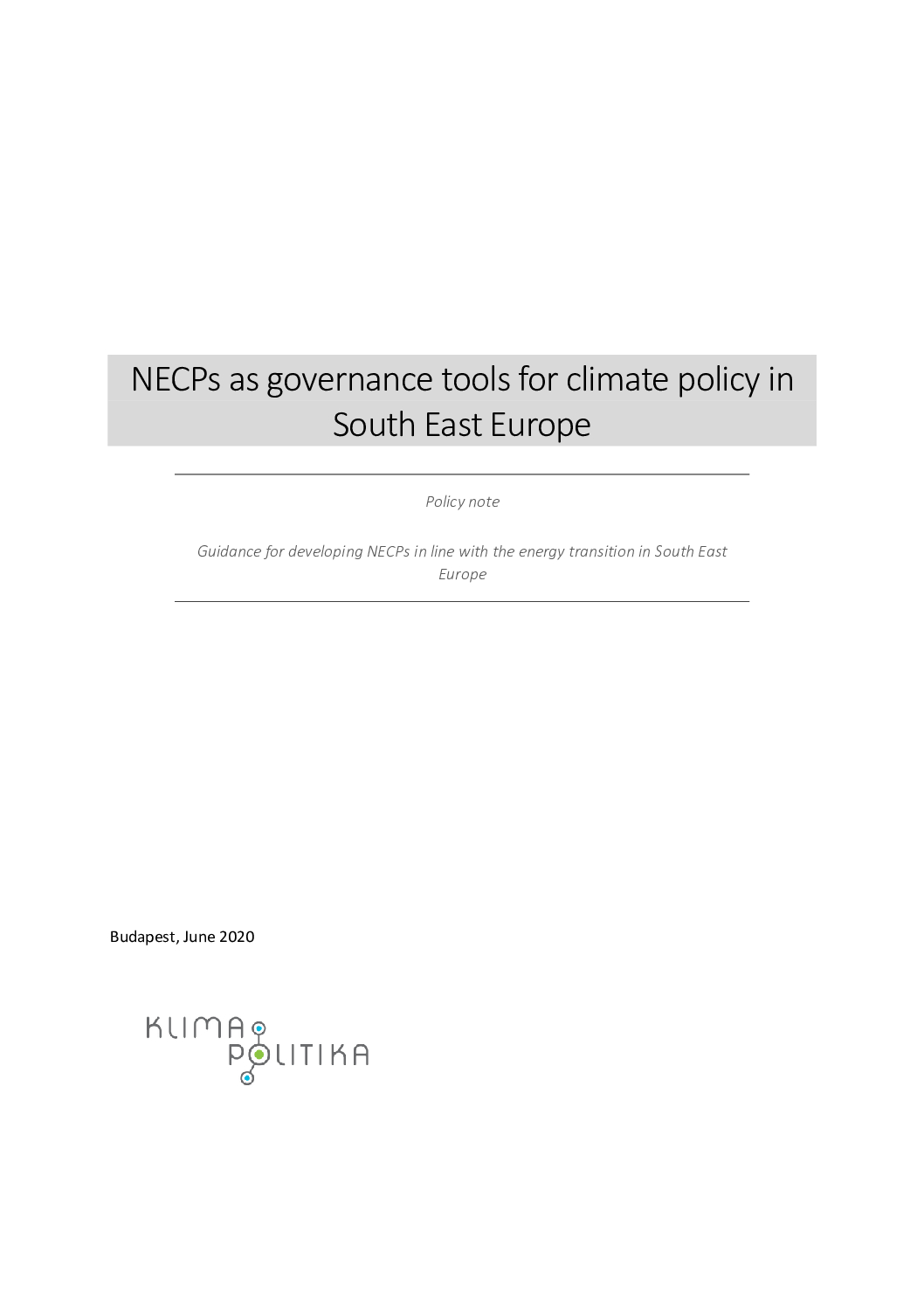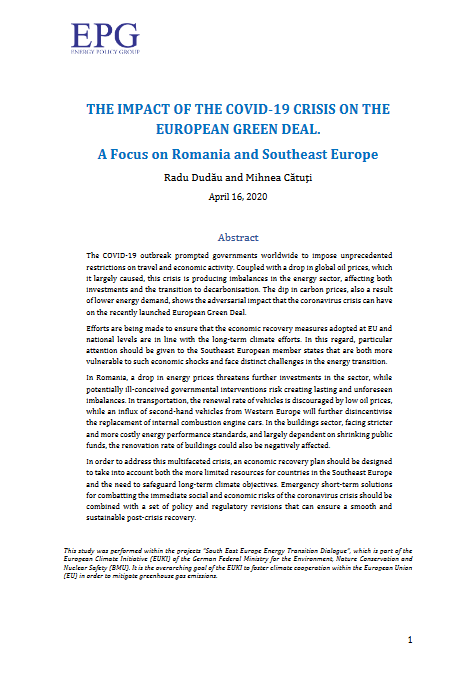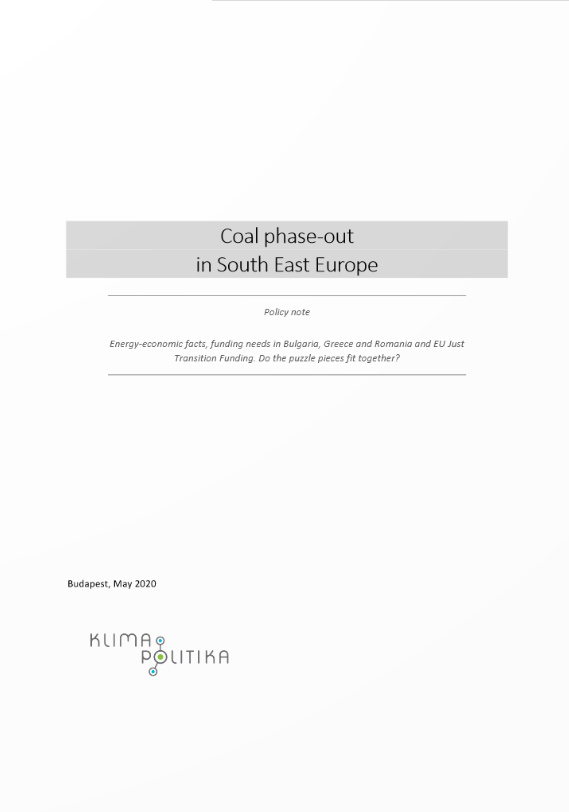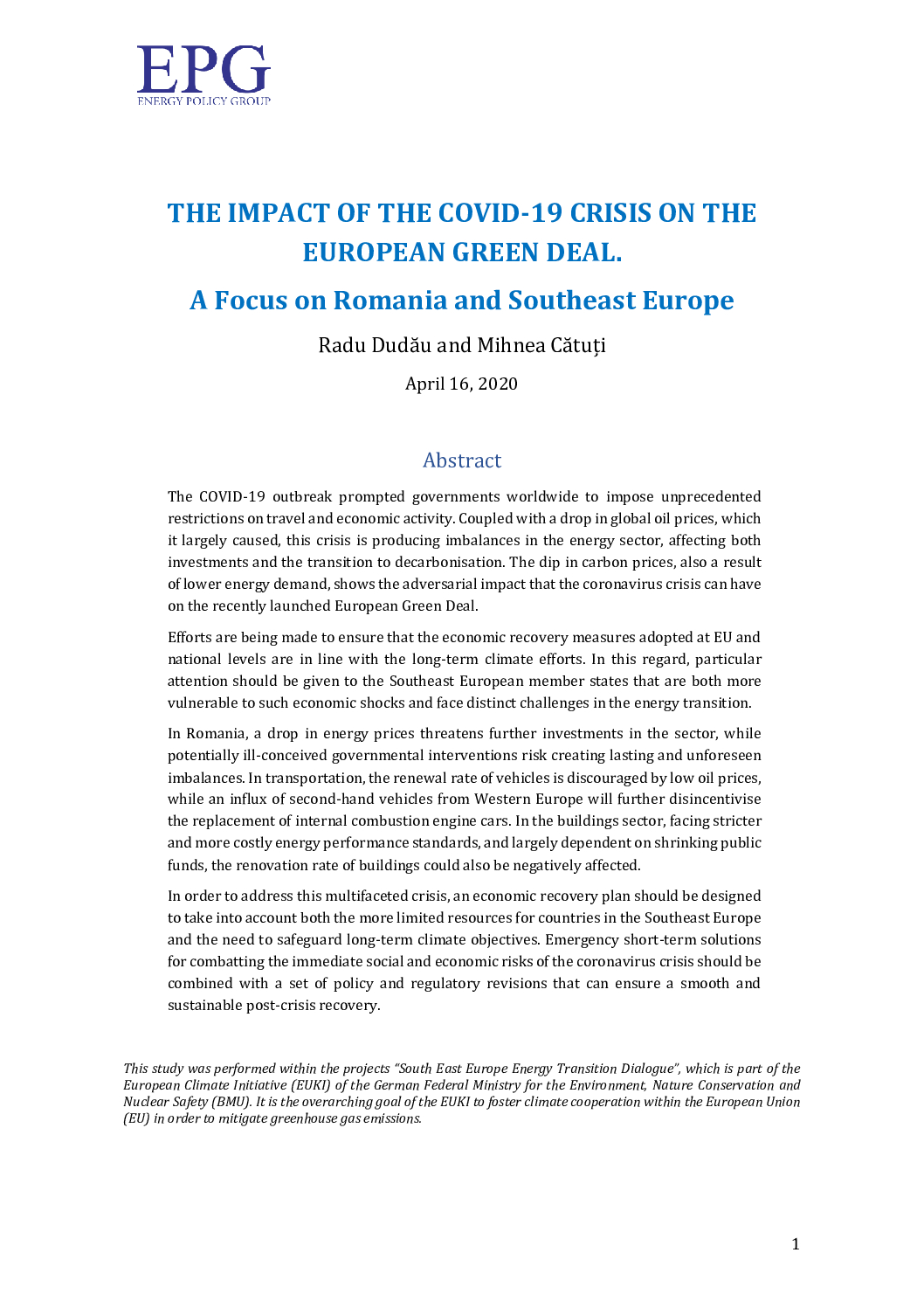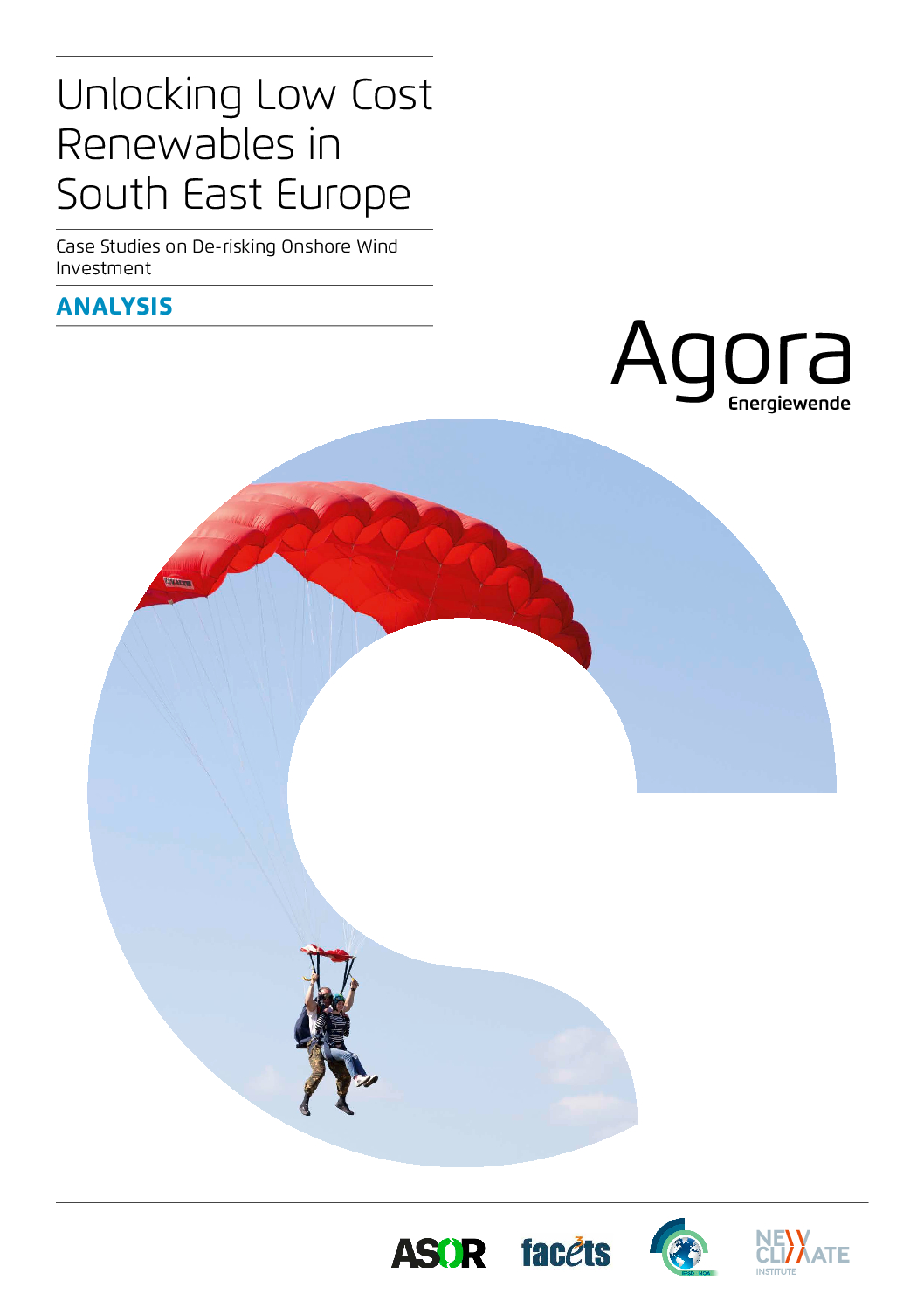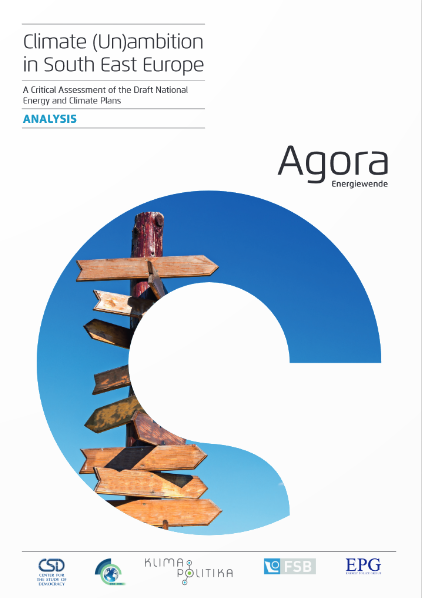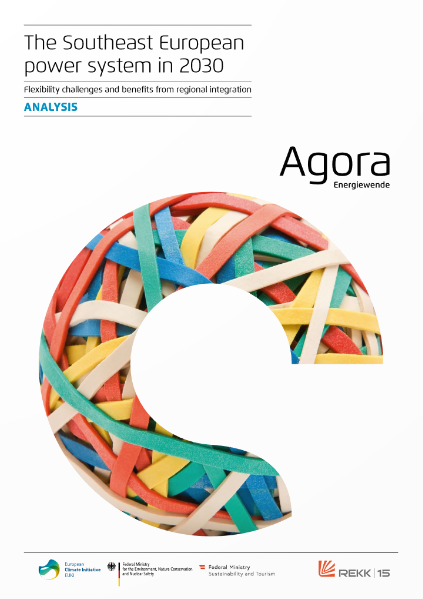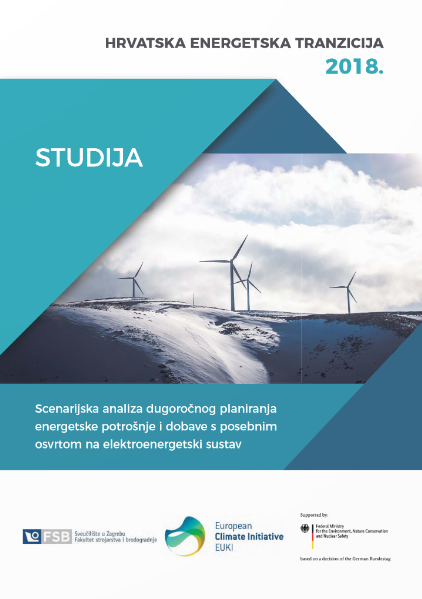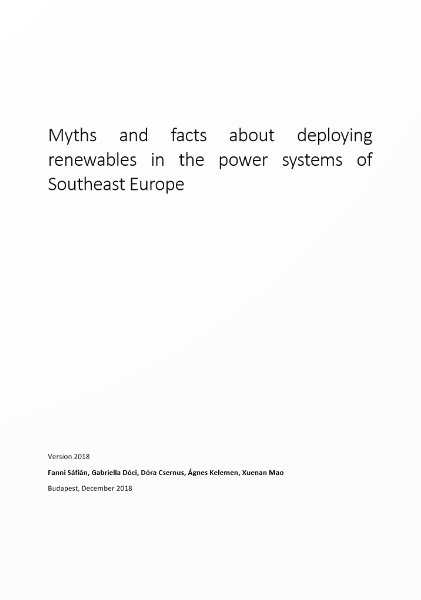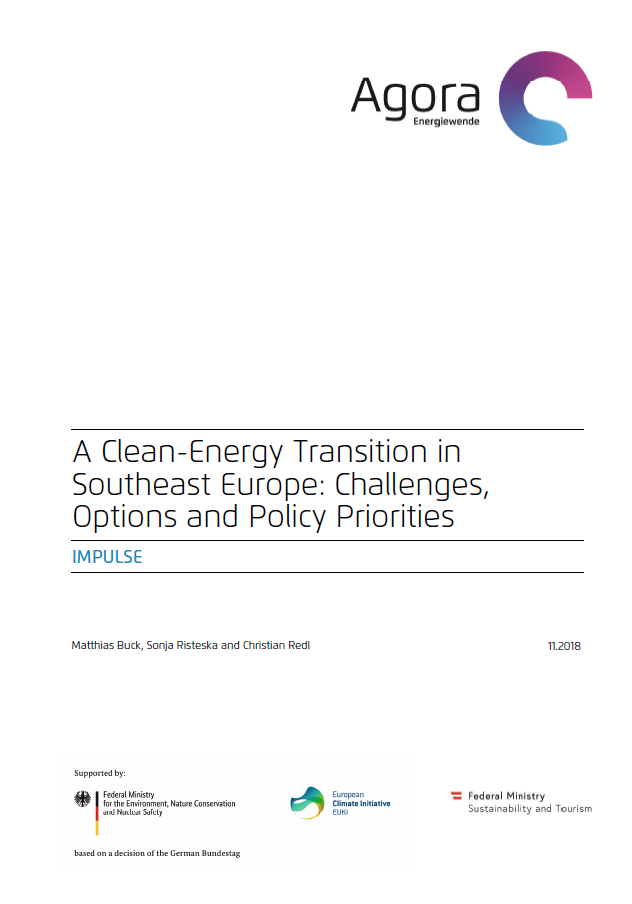South East Europe Energy Transition Dialogue
The project is completed. It aimed to promote a dialogue and an exchange of experiences on decarbonisation concepts and national/regional energy transition strategies in Southeast Europe (SEE). Furthermore, evidence-based strategies were developed to ensure a successful energy transition in the participating states.
Energy Policy Energy Poverty Energy Transition Energy Transition and Climate-Neutral Buildings
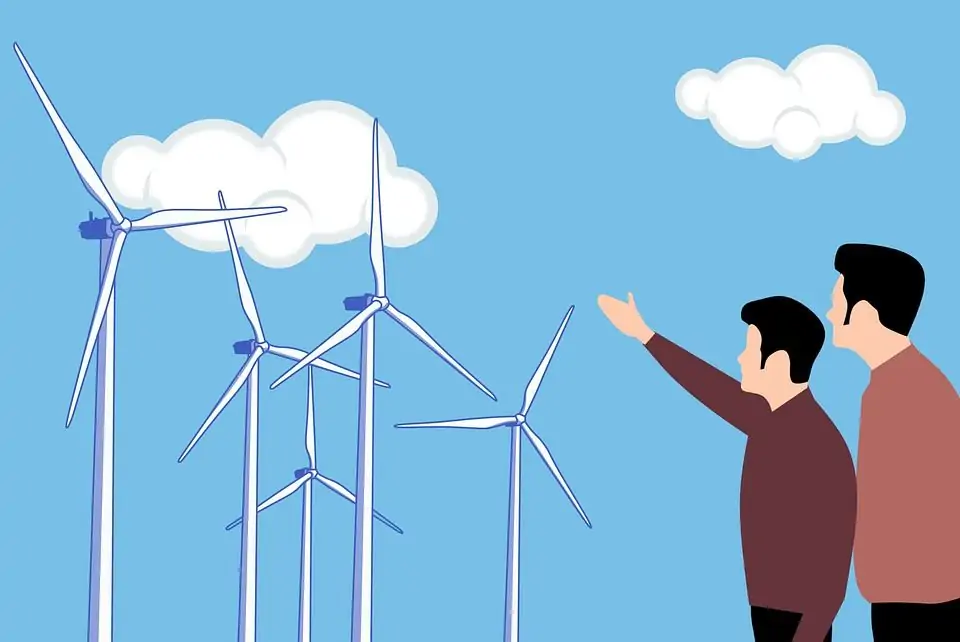
Project info
Bulgaria, Croatia, Greece, Romania
01/18 - 06/21
National governments, Regional governments, EU institutions
1,039,368.36 €
Contact info
Sonja Risteska
-
- Center for the Study of Democracy (CSD Bulgaria)
- Energy Policy Group (EPG)
- National Observatory of Athens (NOA)
- University of Zagreb - Faculty of Mechanical Engineering and Naval Architecture (UNIZAG FSB)
Background
Countries throughout Southeast Europe (SEE) have high shares of electricity generated by an aging fleet of coal-fired generators (lignite and hard coal). Decisions for modernizing or replacing a significant share of these capacities will be taken within the next decade. At the same time, the region has a vast potential for developing renewable energy as well as significant opportunities for enhancing energy efficiency. The political commitment of governments in SEE to implement the Paris Agreement on climate change, the EU’s push for an integrative, economy-wide approach to climate and energy policy-making, and the close geographical and political ties between countries in SEE offer a unique opportunity to advance decarbonisation and energy transition in the region over the next decade.
Project
The project established an SEE think tank network on decarbonization and strengthened its capacity. The development of science-based, cost-effective, and politically feasible solutions to power system transition contributed to maximizing opportunities for regional collaboration and support at the EU level. In addition, the project fostered collaboration among climate and energy policy stakeholders in SEE (government, industry, society, academia) in advancing Renewable Energy Sources (RES) when developing integrated national energy and climate. Ultimately, this brought the SEE experience to EU-discussions on the Clean Energy for All Europeans package and the Multiannual Financial Framework, including options to reduce RES financing costs.

Results
- The project has raised awareness of the economic and energy security benefits of an energy transition. All studies produced by the project show that rapid decarbonisation of the power sector is a key enabler to achieve the 2030 and 2050 climate targets in a cost-effective way and to set the course for a climate-neutral Europe.
- The project provided up-to-date input to the National energy and climate plans (NECP) processes in the implementing countries, identified techno- and socio-economic opportunities to promote the use of renewable energy in the power sector, and contributed to a convergence of views through dialogues at regional, national and EU levels.
- The SEE think tank network was strengthened as part of the project.
Last update: July 2024

